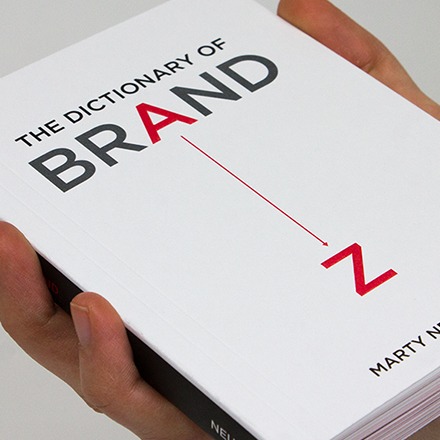The Rules of Genius #5: Ask a bigger question
Figure out what type of problem you’re solving. Is it a simple problem? A complex problem? A structural problem? A communication problem? A technology problem? A political problem? A design problem? A budgetary problem? A leadership problem? Unless you know what type of problem you’re solving, your solution will be wrong, no matter how well you solve it.

For most of us, the problems we tackle are given to us by someone else—a boss, a teacher, a client, a committee, an organization. While the problem may seem logical in the way it’s stated, a little bit of probing may reveal a faulty framework. The framework is the boundary drawn around it, the “rope of scope” that keeps it from sprawling to infinity. It narrows the focus, suggests a direction for the work, limits the investment, and determines how success is measured. If the framework is wrong, everything else will be wrong.
Your first impulse may be to accept the problem as stated. Resist. Be curious. Ask questions. Probe further. While it may seem disrespectful or annoying to pester your problem-giver with too many questions at once, that doesn’t mean you can’t raise them mentally and marshal your thoughts for a later conversation. In fact, you may not even have any questions at first. Sometimes questions need time to rise to the surface.
As you become more proficient at accepting assignments, you’ll find questions like these helpful:
Have we seen this problem before?
What do we already know about it?
Are these boundaries the right boundaries?
Should we solve a bigger problem instead?
If we succeed, what will be improved?
What will be diminished? What will be replaced?
What opportunities will it spawn?
Who stands to gain? Who stands to lose?
Do we need to solve the problem at all?
Who says? So what? Why not?
By asking a bigger question, you may find that the boundaries of the problem were drawn too small. The actual problem was more important, and the only reason to minimize it was to shrink it to fit a budget, a time frame, a job description, or a skill set. While these may be issues, it’s better to face them head on and make them part of the brief.
Or you may find that the frame was drawn the right size, but around the wrong challenge. The first question in creating something new is not how to, but what to.
Next week: Frame problems tightly.
The best gift for a genius is limitation, not license.
The Rules of Genius is now a book with a bonus section called “How can I matter?” that includes 10 essential rules. Buy here.

